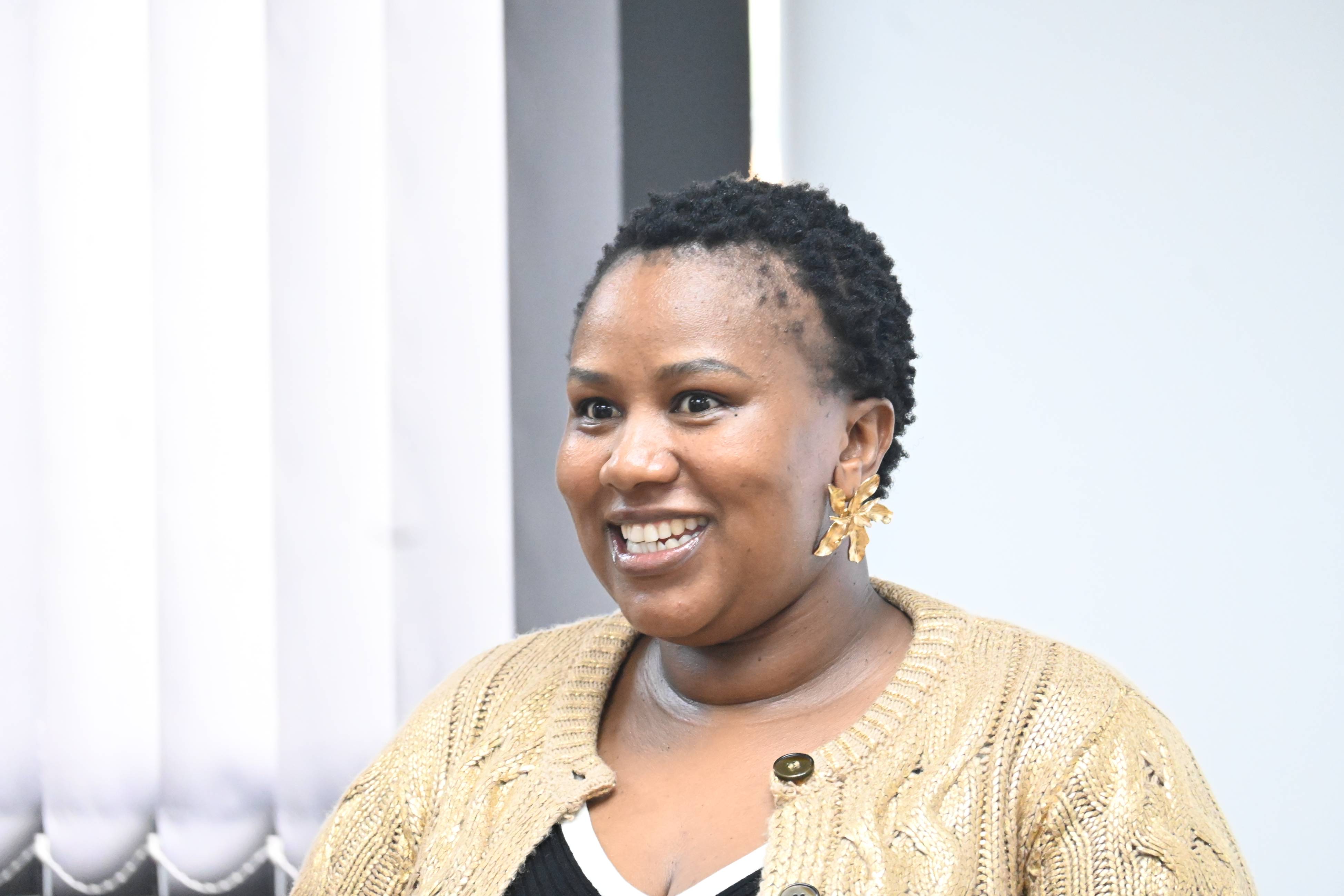WSU PUBLIC HEALTH DEPARTMENT HOSTS PANEL DISCUSSION ON HUMAN RIGHTS, JUSTICE, EQUALITY, AND FREEDOM

The dialogue aimed to foster an engaging dialogue on pressing social justice issues and provide a platform for diverse voices to share insights and propose solutions for building more equitable communities.
Social Worker at WSU Student Counselling Unit, Thabisa Nodayinge, said: ” Ensuring access to mental health services is a basic human right, not a privilege. Institutions must ensure that students with disabilities have equal access to mental health services without discrimination.”
Nodayinge highlighted the struggles faced by vulnerable groups, including students with disabilities, LGBTQ individuals, and survivors of abuse, who often encounter barriers such as stigma, discrimination, and lack of resources. She further asserted that she advocates for policy-driven interventions to support those most in need.
By engaging different stakeholders, this panel discussion sought to address these issues head-on and promote action towards a fairer and more just society.
Guest speaker and Queen of Nyandeni Kingdom, Thina Ndamase, said: “We are not free as women in deep rural areas. Women are still not given land because the assumption is that they will get married and leave the land. Also, it is stated that if a woman gets married to someone of another country while they have that land, then that person gets access to land of our forefathers.”
Ndamase added that, if a woman is given a plot of land, they are given just a small plot so that they can build a house and nothing else, they cannot perform any form of farming in it.
“You must be wondering why I am emphasizing this. If you look at our GDP growth, there is a lot that we contribute with our farming. These include the projects that we have in rural areas were women farm in large quantities. So how do you deprive women of owning those spaces on their own when the president encourages ‘vuk’uzenzele’?” said Ndamase.
She added that she has adopted the International rural Women’s Day as someone who sits in the United Nations Women Organisation.
“As a woman leading people in my community, I saw it important that we also adopt the International Rural Women’s Day so that we can educate and empower our village women so that they can stand on their own and fight for their rights,” said Ndamase.
She said that she also appreciates the good working collaborations they have with the WSU Faculty of Medicine and Health Sciences which she hopes will bear good fruits.
“From these partnerships and collaborations we are building we do not want money but empowerment. We need our rural people to be educated about various things that affect them including their human rights,” concluded Ndamase.
Different structures such as the South African Police Services (SAPS), church leaders and the LGBTQIA+ community engaged the attendants on different ways in which they deal with cases of human rights issues in their respective spaces.
By Anita Roji
